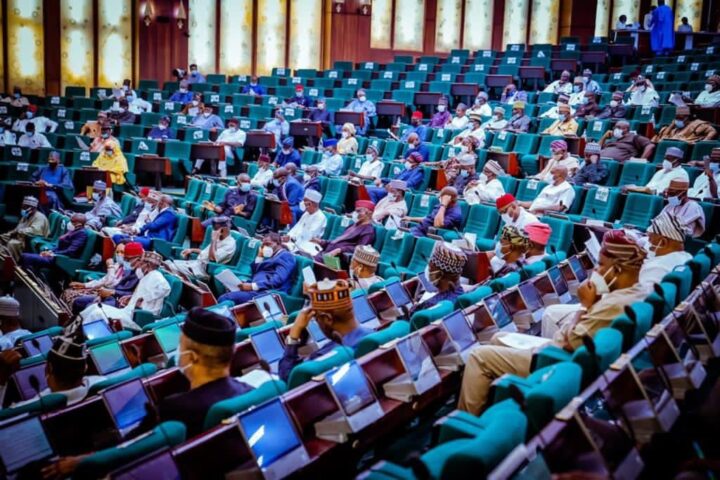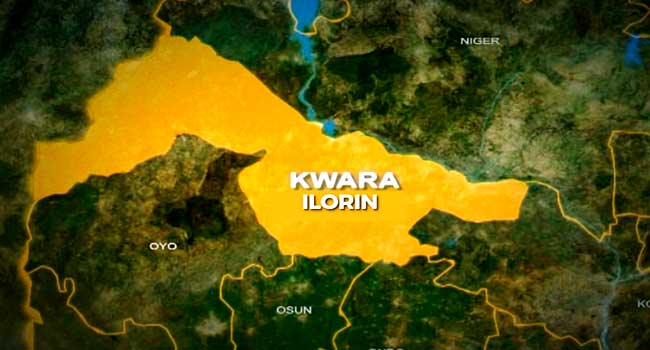The Speaker of the House of Representatives, Abbas Tajudeen, has vowed that the parliament will correct nearly two decades of failures in Nigeria’s electricity sector, announcing a comprehensive investigation into all government investments made since the start of the power sector reforms.
Gatekeepers News reports that speaking at the official opening of the investigative hearing, Tajudeen—represented by the Chairman of the House Committee on Environment, Hon. Mike Etaba—lamented that the power sector continues to struggle with “persistent challenges that have hindered growth, efficiency, and national development.”
He said the House has a constitutional responsibility to ensure that reforms designed to improve power supply, strengthen infrastructure and expand capacity are not only documented but effectively implemented to deliver real results.
“Electricity, as we all know, is the lifeblood of modern civilisation. No nation attains sustainable progress without reliable power supply,” he said. “From our factories to our schools, hospitals to our homes, electricity determines productivity, quality of life and the strength of our economy.”
Despite multiple intervention efforts over the past 17 years, Tajudeen noted that the sector still falls short of providing stable electricity, necessitating a holistic legislative review of reforms, investments and policy execution.
He explained that the Ad-Hoc Committee was set up under Sections 88 and 89 of the 1999 Constitution (as amended) and Order 20 Rule 7 of the House Standing Orders, which empower lawmakers to scrutinise the conduct of ministries, departments and agencies.
“Have these reforms fulfilled their promises? Have they improved service delivery? Most importantly, were they executed with integrity and in the best interest of Nigerians?” he asked.
The Speaker urged the committee to carry out its assignment with diligence, transparency and courage, stressing that the outcome must align with global sustainable energy objectives, especially Sustainable Development Goal (SDG) 7, which emphasises access to affordable, reliable and modern energy for all.
In his remarks, Chairman of the Ad-Hoc Committee, Arch. Ibrahim Almustapha Aliyu, said the panel’s mandate is to audit and investigate all power sector reforms and expenditures from 2007 to 2024.
According to him, Nigeria’s power sector has witnessed ambitious reforms and huge financial commitments over the years, but persistent inefficiencies have prevented citizens from enjoying dependable electricity.
“Our mandate is clear: to conduct a comprehensive audit of the reforms and expenditures in the sector from 2007 to 2024,” he said. “We will trace the flow of funds, assess policy implementation and evaluate the effectiveness of projects and initiatives carried out during this period.”
Aliyu said the probe will reveal both successes and systemic failures, while recommending actionable solutions that promote transparency, accountability and meaningful improvements in power delivery. He added that the committee will involve government agencies, private sector stakeholders, civil society and the wider public.
“It is essential that we build a robust framework that safeguards public resources and delivers on the promise of improved power supply for every Nigerian,” he said.









